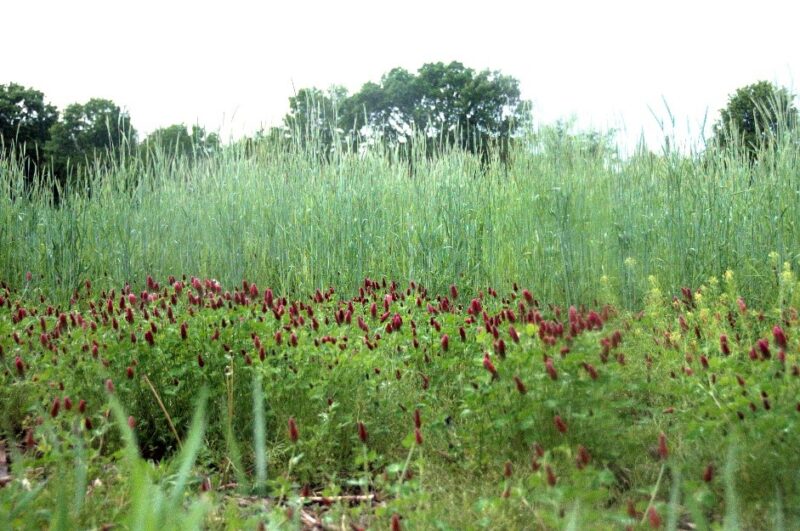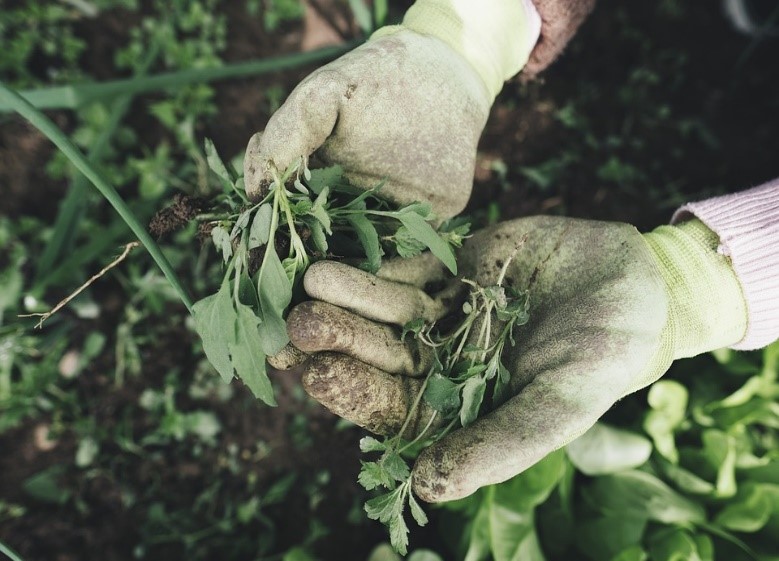Cover crops and other conservation agriculture practices have an array of benefits that support soil health, crop production, water quality, and farm resilience. Despite these numerous and well demonstrated benefits, not many farmers incorporate sustainable agriculture into their operations.
Nearly half of the nation’s land is privately owned and predominantly devoted to agricultural purposes, while also serving as home to many wildlife populations. Our farming and ranching lands support a rich variety of wildlife and the ecosystems upon which they depend. These working landscapes, and the people who live and work in them, are often overlooked in wildlife conservation efforts, but are deeply deserving of our respect and attention.
Engaging in sustainable agriculture
In 2013, the National Wildlife Federation set its sights on overcoming this issue by establishing the Cover Crop Champion Program – now called Conservation Champions. This novel approach to farmer outreach relies on an understanding farmers’ decision-making in order to help local outreach staff and leading farmers be more effective in their messaging about conservation.
The program supports teams of innovative farmers and local natural resources partners, who together provide region-specific information promotion of these practices to other farmers and crop advisors. The National Wildlife Federation provides training in social science and communications, access to a facilitated network of other Champions, and financial support to carry out outreach in communities across the Midwest. Since its inception, the program has supported over 40 teams and 200 individual champions, who have successfully engaged thousands of other farmers on sustainable agriculture.
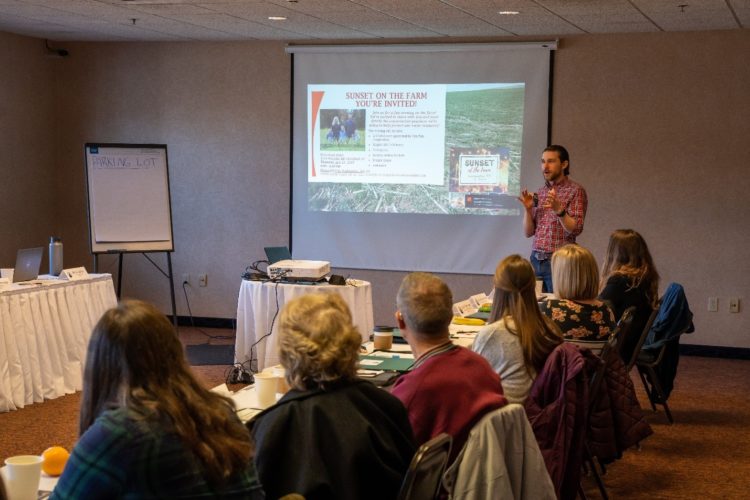
Chris Henning, a landowner from Iowa, was a cover crop champion in 2018. Her conservation journey began with buffer strips to filter and prevent the rain from washing her farmland into the nearby stream. A practitioner of cover crops herself, she was encouraged to reach other landowners, in particular women, who make up the majority of agricultural landowners in the US, to make the switch from conventional farming to more sustainable farming systems.
The Champions program has equipped her to do just that. “This training has helped with knowing how to present information in a way that somebody who is not thinking family farm but thinking yield and how do I get this work done, to take it as a story for them.”
Jean Eels, a partner of Chris who also is actively involved in the movement to engage women landowners, agrees, “It was really valuable because you guys (the National Wildlife Federation) have done a lot of the work that has been tested.”
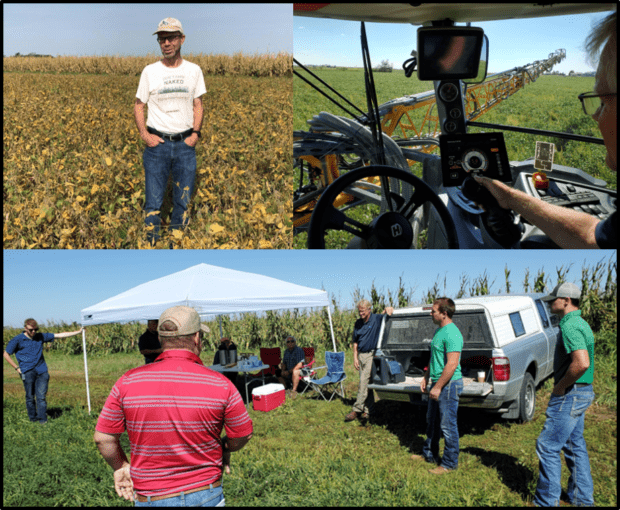
Lee Tesdell has always been a steward of his century farm in central Iowa, and he became more involved in the conservation outreach scene when he examined research reports on the benefits of cover crops to climate change mitigation and correcting water quality issues.
He is active locally in educating farmers on sustainable practices – a concern he aims to correct by educating farmers on sustainable practices.
“Here in Iowa, we have a critical water quality problem… The Des Moines River can hardly be used because of microcystins. A lot of this is ag-related … The message about cover crops are critical!”
Seeing is believing
Lee identifies cover crops as a major solution in combating these concerns and credits the Champions program for emphasizing their importance and improving how we convey this message. He has found that physical demonstrations in the field are especially effective at reaching farmers.
“One thing we have discovered is just using pure logic and numbers from research doesn’t necessarily persuade landowners and farmers to change practices… Seeing something in person is very valuable.”
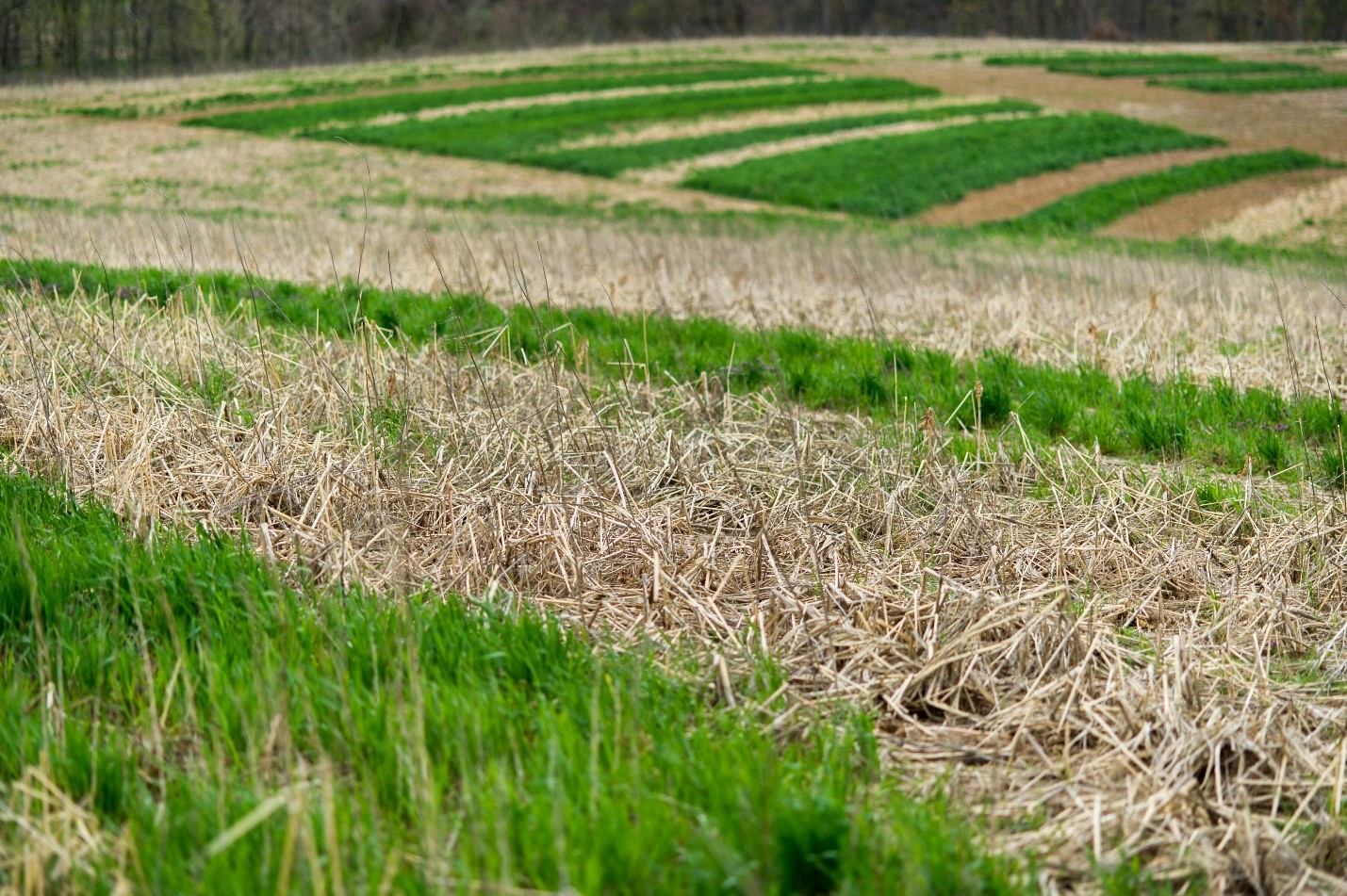
Jean and Chris both praised the continued engagement the National Wildlife Federation maintains with former Champions as an avenue to connect with more landowners and farmers.
Chris states, “It has been several years since we have been there and we have not lost track of you nor you lose track of us. That’s been helpful. The National Wildlife Federation has kept the program, tweaked it some, but has kept track of us and brought us along with (and we have brought other people along.)”
Jean agrees, explaining, “By you guys recognizing that you can keep more champions going through those relationships makes a great opening for us to stay engaged rather than be a one-and-done.”
The former Champions have intentions to continue their on the ground efforts. Lee will keep engaging the community on water-related issues in Iowa, describing his plan to engage new audiences in both farming and urban communities, “We have to get a lot of cover crop acreage and edge of field of practices to turn it around.”
Community outreach and engagement
For Chris, she envisions passing her knowledge onto younger generations so they can become the change she has been advocating for. “I want to get younger people involved so I can step away… The older sister in me wants to know that it is in good hands.”
Jean’s work is not finished either. She would like to help women become more assertive with farming operations conducted on their property.
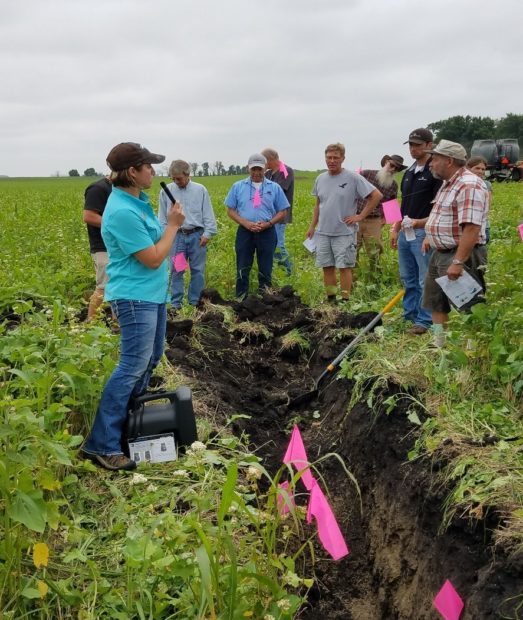
“I would really like to see a large number of women landowners get very direct about what they want. If they get very direct with what they want, we will see change.”
This year the Cover Crop Champions has rebranded as Conservation Champion in order to reflect an expanded focus on more conservation practices besides cover crops, as well as to new geographies and farming systems.
The goal remains the same: support local conservation leaders in their dedicated efforts to spread the work and bring more producers on board.
For more information on Conservation Champions and other NWF outreach programs, visit https://growingoutreach.nwf.org/
Conservation Champions


